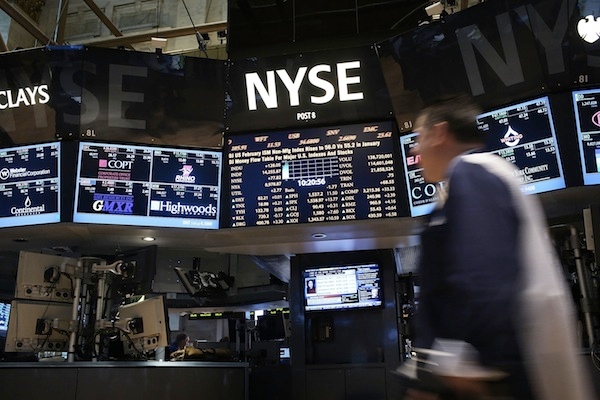You know you’re in a bull market when bad news is simply shrugged aside and even the most indifferent events are greeted exuberantly. The result of February’s Italian general election, which drags the future of the eurozone back into question, would have induced market panic had it come nine months ago. But the world’s equity markets barely blinked before resuming an attempt to breach all-time peaks.
Something similar happened last week when the US Congress failed to agree how to avoid the package of mandatory spending cuts known as ‘the sequester’. When Republicans and Democrats came up with these cuts in 2011, they were so potentially damaging it was unthinkable that any party could actually contemplate allowing them to come into force. Or so they thought. When the deadline for avoiding the sequester passed without resolution, Wall Street barely twitched.
Wall Street — like most of the world’s stock markets, which tend to follow its lead — has been on a tear ever since it learnt to stop worrying about tiresome European news and started focusing instead on tangible signs of recovery at home. Since last July, when the European Central Bank president Mario Draghi vowed to do ‘whatever it takes’ to save the euro, the US stock market has moved in one direction only, buoyed by confirmation that its previously free-falling housing market, a key economic driver, has finally taken a decisive turn for the better.
US indices have risen more than 15 per cent and the rally could go on. Market strategists at the big investment banks have been strenuously pushing the case for shares since the new year. Some even make the case for a ‘market melt-up’, meaning a market in which prices start to run away under nothing more than their own momentum — because big investment institutions can’t afford to be left behind in a rising market.








Comments
Join the debate for just £1 a month
Be part of the conversation with other Spectator readers by getting your first three months for £3.
UNLOCK ACCESS Just £1 a monthAlready a subscriber? Log in